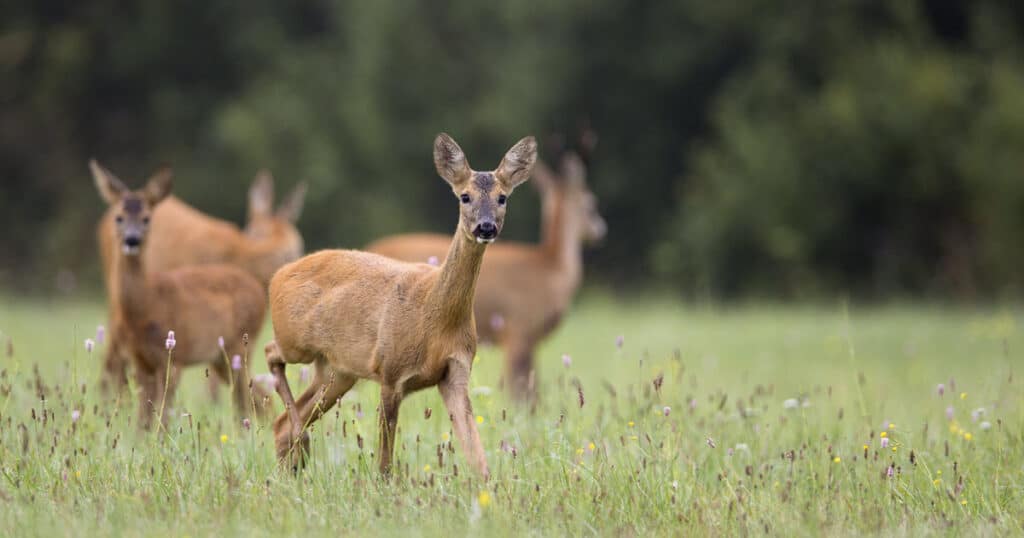Whether you’re learning to speak English or are a native speaker, the word “deer” can be confusing. What’s the plural of deer? Well, the answer is really quite simple. The plural of the word deer is “deer”. The same form of the word is used for both singular and plural references to this animal. For example, you can talk about a single deer or several deer.
Is Deers a Word?
Table of Contents
ToggleWhile “deers” is considered an accepted plural according to Grammarist and other websites, it is rarely used and may be considered incorrect. “Deer” is the preferred plural form of the word deer.
How Deer is Used in a Sentence
An example of using the singular form of deer would be: “Did you see the deer in the backyard this morning? It was beautiful.”
An example of using the plural of deer would be: “Look at the deer! There must be 20 of them in that field.”
Now let’s take a closer look at the word “deer” and its evolution and uses today.
The Etymology of the Word Deer
Like many other English words, the word deer and its usage depends on its history. Put simply, the singular and plural forms of deer have always been the same.
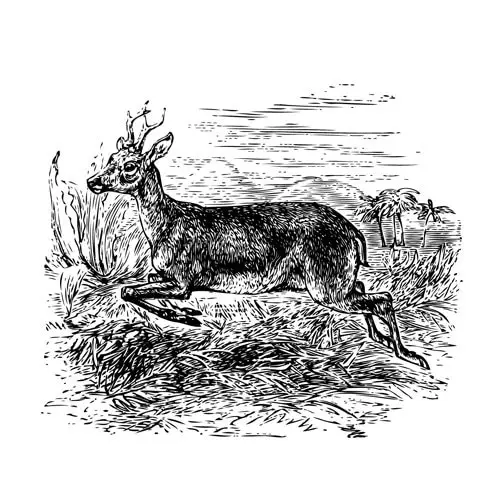
The history of the word deer stretches back several centuries. We find the beginnings of its usage in Old English. This version of English spanned from around 400 AD to 1066 AD in England.
It was in Old English that it was decided that deer should have the same form in both singular and plural uses.
This is because of the characteristics of Old English, which used a case system. Modern English no longer uses a case system. We are able to achieve the same objectives through word order.
With the structure of Old English, speakers were able to use the same forms for the singular and plural versions of words.
We see remnants of this in how we use the same form of the word deer for both the singular and plural forms.
Why Singular and Plural are the Same
As we talked about earlier, some English words have the same form for both singular and plural uses. The reason for this is simple: it’s a result of the words’ etymologies (history and development).
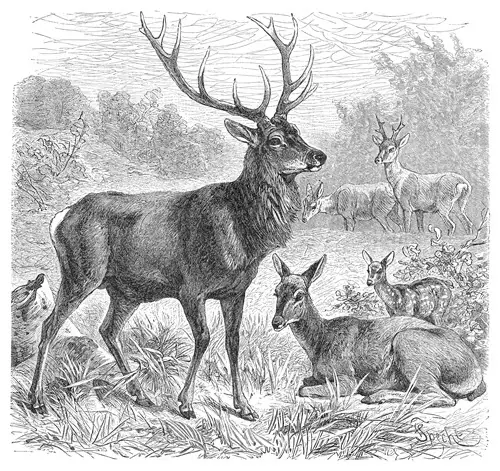
There are other English words that have the same form for the singular and plural versions. Notably, many of them refer to animals, specifically wild animals that are sometimes hunted or live on farms.
Let’s take a look at some of them below:
There is some variability in usage when it comes to these words, however. For example, you may hear some people refer to plural fish as “fishes.”
However, with some of these animal names, it’s extremely unusual and sounds dramatically incorrect to create a different plural form.
An example would be moose. Wouldn’t it sound strange to hear someone say “mooses”? What about “buffalos”? These are obviously incorrect.
Of course, there are plenty of animals that have names with different singular and plural names. An example is the cow. One cow is a cow, while the plural of cow is cows.
How to Find out if Deer is Singular or Plural
This is one of the trickiest elements of learning English. Sometimes, there isn’t a definite reason for a usage convention.
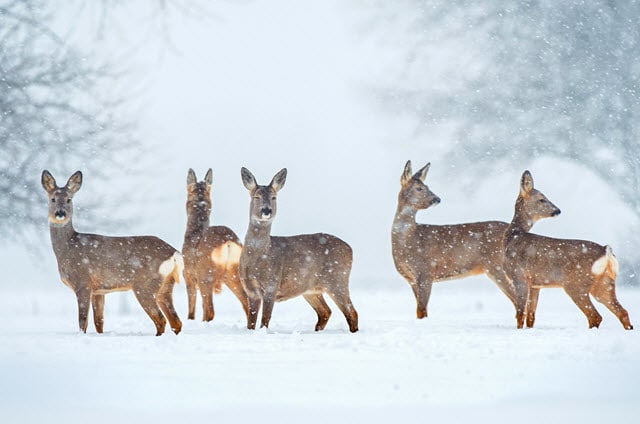
This certainly applies to somewords that have the same singular and plural forms.
In many cases, we need to get to know and even memorize, through practice, the different words that have the same singular and plural forms.
You can always be sure that deer has the same form when both singular and plural. There is no context where saying “deers” would be correct when referencing a group of deer, though people may understand what you are saying.
But if you’re looking at a sentence and see the word “deer,” how do you know whether the writer was talking about one deer or more than one?
You can tell from the context and other things said in the sentence. For example, if it says “I saw several deer in the field,” it is clearly plural.
What are Collective Nouns?
While deer is a noun and the singular and plural forms are exactly the same, it’s not a collective noun. A collective noun is a noun that refers to a multitude of things.
For example, the collective noun for a group of geese would be a “gaggle.” We talk about “gaggles of geese,” meaning groups of geese.
When it comes to deer, we talk about a “herd” or sometimes a “group” However, these collective nouns are also used for other animals. When it comes to the word “group,” this is also used for humans.
Final Thoughts: Deer or Deers?
As we’ve seen here, the plural of deer is the same as the singular form, which is “deer.” The word “deers” is an accepted plural form of the word, but it is almost never used and is considered less correct.
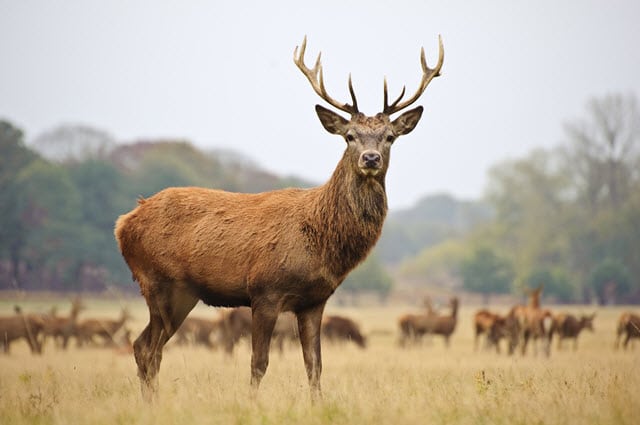
While many other animal names have different singular and plural forms, deer does not.
English is quite an idiosyncratic language, and there aren’t uniform rules that apply to every word.
You will learn which words have different plural forms and which don’t through practice and getting better acquainted with the language.

